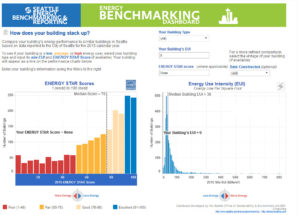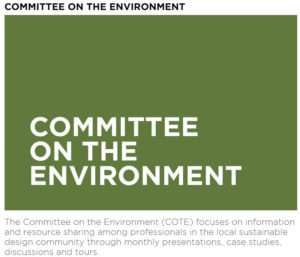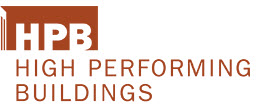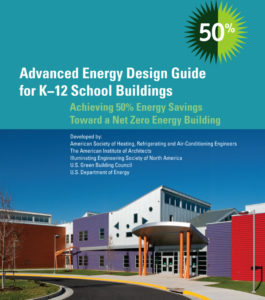There are a great many organizations involved in sustainability related policy making, codes and standards development, and other efforts that affect the practicing Puget Sound ASHRAE member.
Get involved! Send volunteer opportunities and inquiries to sustainability@pugetsoundashrae.org for more info.
Energy/Sustainability Codes and Standards
ASHRAE Standards
ASHRAE has access to read-only references to its codes and standards referenced in code. Interestingly enough, they don’t really advertise this. ASHRAE 62.1, 90.1, and 189.1 are all available here for reference along with a few others.
Read-Only ASHRAE Standards Referenced in Code
Seattle Energy Code
Full text of Seattle Energy Code.
Washington State Energy Code
Full text of Washington State Energy Code.
Other energy code resources. WSU Energy Extension
City of Seattle Office of Sustainability and Environment
The city passes ordinances and policies that can affect ASHRAE members.
City of Seattle Office of Sustainability Home
Building Tune-Ups
The City has implemented a policy on Building Tune-Ups for buildings 50,000 sf or larger to be implemented beginning in 2018. The City is recruiting building Owners and managers to jump-start the process, and it includes technical and financial incentives. Take a look at this policy and its ramifications as it will begin to affect many of us in the industry and may be the source of opportunity.
Benchmarking
Seattle’s Energy Benchmarking Program (SMC 22.920) requires owners of non-residential and multifamily buildings (20,000 sf or larger) to track energy performance and annually report to the City of Seattle.
2016 Data is due April 1st, 2017.
Seattle’s Energy Benchmarking Dashboard
 As part of Benchmarking efforts, the city has published this energy dashboard.
As part of Benchmarking efforts, the city has published this energy dashboard.
 AIA Committee on the Environment (COTE)
AIA Committee on the Environment (COTE)
https://www.aiaseattle.org/committees/committee-environment/
There are multiple educational activities the AIA COTE is planning for this year that of interest to the ASHRAE member. The local chapter will post these dates as they become available. AIA Cote meetings of interest include – Life Cycle Cost Analysis, Design Community Political Advocacy, International Living Future Institute Case Studies, Net Zero Energy Case Studies, Air tight construction details and Early energy modeling considerations
Seattle 2030 District
The Seattle 2030 district works within the City, and is comprised of member organizations consisting of property owners/managers/developers, professional stakeholders, tenants, and community stakeholders.
They are focused on energy, water and transportation.
Member organizations have access to resources including: education, toolkits and below market pricing for selected technologies including HVAC Controls, LED lighting, High Performing (auto-shading) Windows, and other technologies.
 2030 Challenge
2030 Challenge
Architecture 2030, and its 2030 Challenge is a non-profit organization established in response to the climate change crisis . Architecture 2030’s mission is to rapidly transform the built environment from the major contributor of greenhouse gas (GHG) emissions to a central part of the solution to the climate crisis.
Publications
 High Performing Building Magazine
High Performing Building Magazine
High Performing Building magazine is a set of published case studies and best practices that showcase best in class buildings. It is published by ASHRAE, is free, and excellent for promotion of this type of work. Of great interest to the technical professional, is that all buildings performance is showcased using data.
High Performing Building Magazine Link
ASHRAE Publications
ASHRAE is a leader in sustainability efforts locally and nationally. Following are some ASHRAE resource links that may be of use for design engineers and other professionals to help with our work.
ASHRAE Advanced Energy Design Guides
The AEDG’s are a commonly accepted and referenced prescriptive guide to “Achieving 50% (or 30%) Energy Savings Toward and Net Zero Energy Building. There are some 13 of these guides published including two for existing building energy improvements. They are free, relatively easy to use, and offer up guidance for all members of design teams and Owners attempting to improve their energy related design practices.



